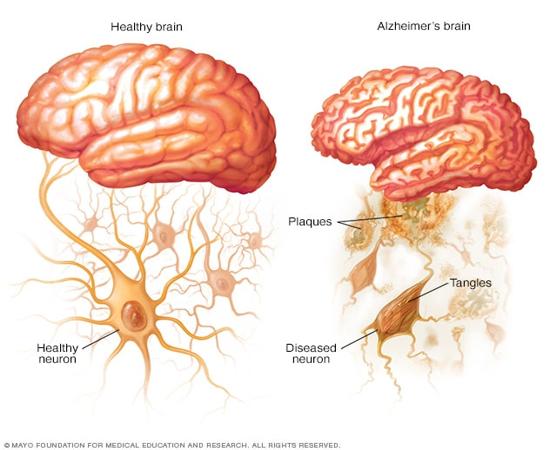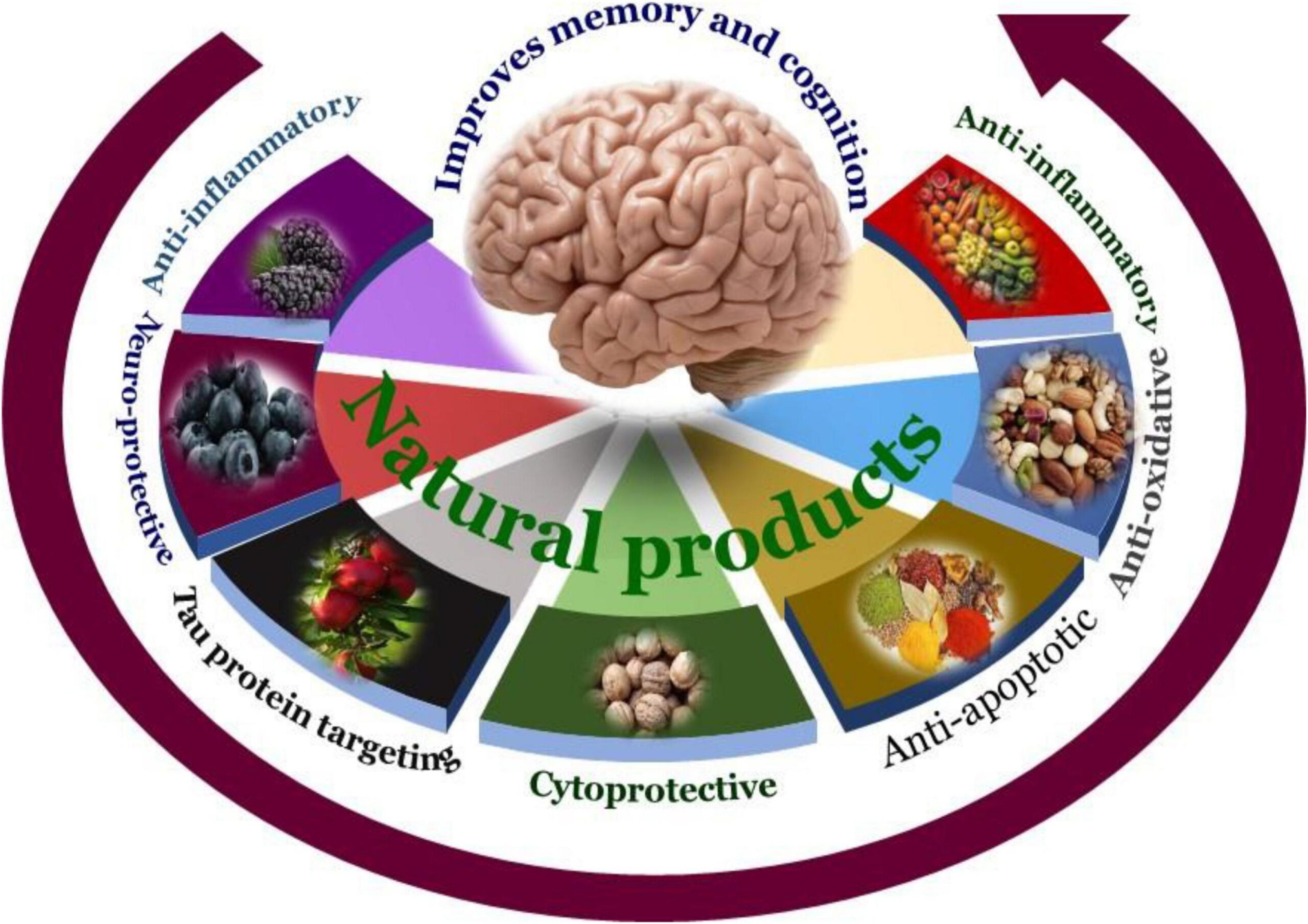The Importance of Brain Health in Alzheimer’s Dementia
Welcome to a discussion on the critical link between brain health and alzheimer‘s dementia. In recent years, increasing attention has been placed on understanding how our brain functions impact conditions like Alzheimer’s disease. Let’s delve into the benefits of maintaining brain health and explore how Alzheimer’s and dementia affect this vital organ.
The Benefits of Preserving Brain Health
Prioritizing brain health can have a profound impact on our overall well-being. Engaging in activities that stimulate the brain, such as puzzles, reading, and learning new skills, can help maintain cognitive function and reduce the risk of developing neurodegenerative diseases like Alzheimer’s.
Understanding Alzheimer’s Disease and its Effect on the Brain
Alzheimer’s disease is a progressive neurological disorder that affects the brain, resulting in memory loss, cognitive decline, and behavioral changes. The hallmark of Alzheimer’s is the accumulation of abnormal protein deposits in the brain, leading to the gradual destruction of brain cells and neural connections.
Frequently Asked Questions
1. How does Alzheimer’s disease impact the brain?
Alzheimer’s disease causes the formation of plaques and tangles in the brain, which interfere with communication between brain cells and eventually lead to cell death.
2. What are the early signs of Alzheimer’s dementia affecting the brain?
Memory loss, confusion, difficulty performing familiar tasks, and changes in mood or behavior are common early symptoms of Alzheimer’s disease affecting the brain.
3. Can lifestyle choices influence brain health and alzheimer‘s risk?
A healthy lifestyle that includes regular physical activity, a balanced diet, adequate sleep, and mental stimulation can help preserve brain health and reduce the risk of developing Alzheimer’s disease.
4. How does dementia differ from Alzheimer’s in terms of brain health?
Dementia is a broader term for conditions that affect cognitive function, while Alzheimer’s disease is a specific form of dementia characterized by changes in the brain leading to memory loss and cognitive decline.
5. Are there any treatments that can slow down the progression of Alzheimer’s disease in the brain?
While there is no cure for Alzheimer’s disease, certain medications and therapies can help manage symptoms and potentially slow down the progression of the disease in the brain.
Conclusion
In conclusion, maintaining brain health is of utmost importance in reducing the risk of conditions like Alzheimer’s dementia. By staying active, adopting a healthy lifestyle, and staying mentally engaged, individuals can support the health of their brains and potentially delay the onset of cognitive decline. Understanding how Alzheimer’s disease affects the brain is crucial in promoting awareness and developing effective strategies for prevention and treatment.


